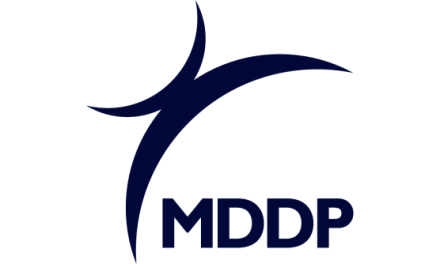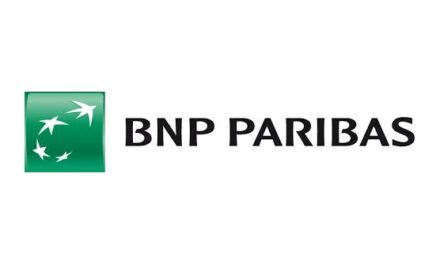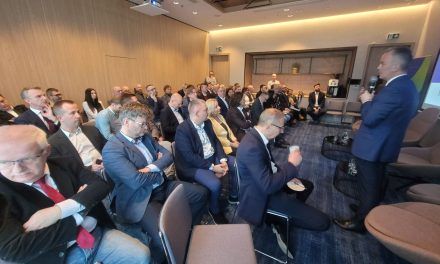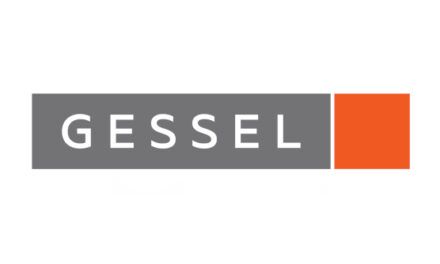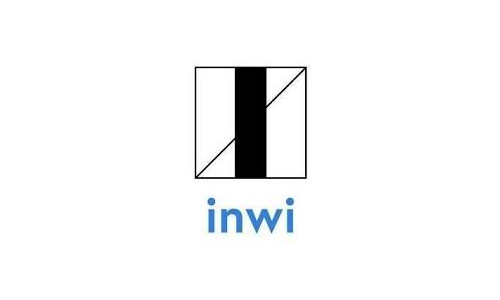
By Michael Dembinski, chief advisor, and Dorota Kierbiedź, membership director, BPCC
Welcome to this issue of Contact Magazine Online, dedicated to human resources. Even before the pandemic, recruitment and retention of skilled employees were seen by BPCC members as their greatest challenge. Demographics are not in Poland’s favour – in 1982, 700,000 Poles were born – by 2002, just years later, that number had halved to 350,000. It’s this age group that is now entering the labour market. And things will get worse; only 305,000 Poles were born in 2022.
The economy is currently dipping into a (hopefully) short and mild downturn, which will affect the labour market. What will this mean for supply and demand in the short and medium term?
And yet, when asked, foreign investors in Poland are unanimous in praising the Polish workforce – hard-working, dedicated, and able to tackle tasks of increasing complexity as Poland’s economy becomes ever-more sophisticated. Whether it comes to maths geniuses that can code world-class cybersecurity solutions or factory workers able to process advanced materials into aircraft parts, employers are very happy with the Polish labour force. But finding and keeping the best requires an awareness of the job market, the ever-changing labour laws – and increasingly – psychology.
In this issue of Contact Magazine Online, BPCC members will share insights and best practice from diverse points of view. If you want a detailed overview of the current state of human resources in Poland today, we’d invite you to read the four interviews and 18 articles that we present for you.
The interviews
The recruitment boom has ended, but talent shortage remains an issue, says Alex Shteingardt, regional director CEE & managing director Poland, Hays. Attractive, healthy workplaces have becomes crucial as employers seek to attract employees back to the office; Arup’s Małgorzata Madalińska presents an employee- and environmentally friendly working space. For the UK’s No. 1 platform for private investors, FTSE 100-listed Hargreaves Lansdowne, Warsaw was the right location for its IT hub. HLTech’s Michalina Stępień sets out Poland’s HR advantages. Cultural similarities is one of those; Poles are continually improving their English-language skills. Colm McGivern, director of the British Council in Poland, stresses the importance of communication in global business.
Legal aspects of human resources
The spring brings with it a series of changes in the labour law. As of 7 April, new regulations on remote work are in force. Anna Golenia from Osborne Cox answers the most pressing questions on this topic. Apart from remote work, the most relevant and significant developments for HR departments concern the new regulations dealing with work-life balance and transparent employment conditions. Agnieszka Szczodra-Hajduk and Aleksandra Sudak-Przybyła, from Hogan Lovells assess the significance of the changes. More changes are afoot; the EU’s Pay Transparency Directive will cause a revolution in Polish HR when enacted, says Monika Krzyszkowska-Dąbrowska from Linklaters Warsaw. The introduction of the Directive on gender pay and transparency will force companies to take actions to mitigate the pay gap. Inclusiveness will measurable profits, argue Patrycja Załuska and Bartosz Siwiak, from PwC’s People & Organisation Team.
Sustainability, flexibility, diversity and inclusivity and their role in attracting talent are examined by Karolina Stawicka and Magdalena Zgłobica, from Bird & Bird Poland. And Anna Kencel and Bartosz Wszeborowski from PCS Paruch ask whether remote works have the right to disconnect, in the context of the EU Directive on Work-Like Balance.
Benefits that benefit the employee
Marek Solecki from Lux Med, shows how investing in wellbeing programmes reduces the costs of medical care, absenteeism and mental burn-out. A novel benefit is the co-financing of in vitro fertilisation subsidised by an employer, say employment lawyers Joanna Dudek, Natalia Gałązka from Wardyński & Partners. Another investment for the employer that also brings benefits to the employee is language training. For companies internationalising their business, not doing so presents dangers, says Berlitz. As the pandemic officially passes into history, our offices are changing to reflect the new world of hybrid work left in its wake. Jakub Żieliński from JLL looks at the trends re-shaping the physical appearance of the workplace.
Supply and demand – stories from the labour market
Michał Starościak from Page Executive Poland & the Baltics covers the key challenges facing HR: further competition for talents and shortage of candidates, changes to Poland’s Labour Code regarding remote work, and ESG. For Agata Qanadilo from AstraZeneca, talent acquisition is about anticipating and adapting to market shifts. And it’s getting harder and harder to recruit native-speaking English teachers, says the British School of Wilanów’s Tom McGrath. ‘Full remote’ work has become a permanent feature of IT work. Magdalena Panońko and Kacper Jankowski from Global Shared Services list the advantages to firms around the world of reaching into the Polish IT talent pool.
Skills to look out for and develop
We’ve learnt about the importance of emotional intelligence in HR – Paweł Mlicki from Déhora considers time intelligence – both for the employer, and the employee. Osborne Clarke’s Malgorzata Szwedowska introduces the concept of nonviolent communication, a different way of looking at relationships and conflict resolution. Not everyone’s a game changer, but everyone can make a game-changing impact, says Dorota Grudzień-Molenda, managing partner, Arthur Hunt Consulting Poland. Trust and authenticity should be universal values in any team – Anna Pachla, from Mazars Outsourcing says that issues that are challenging for the leader should be brought out into the open.








